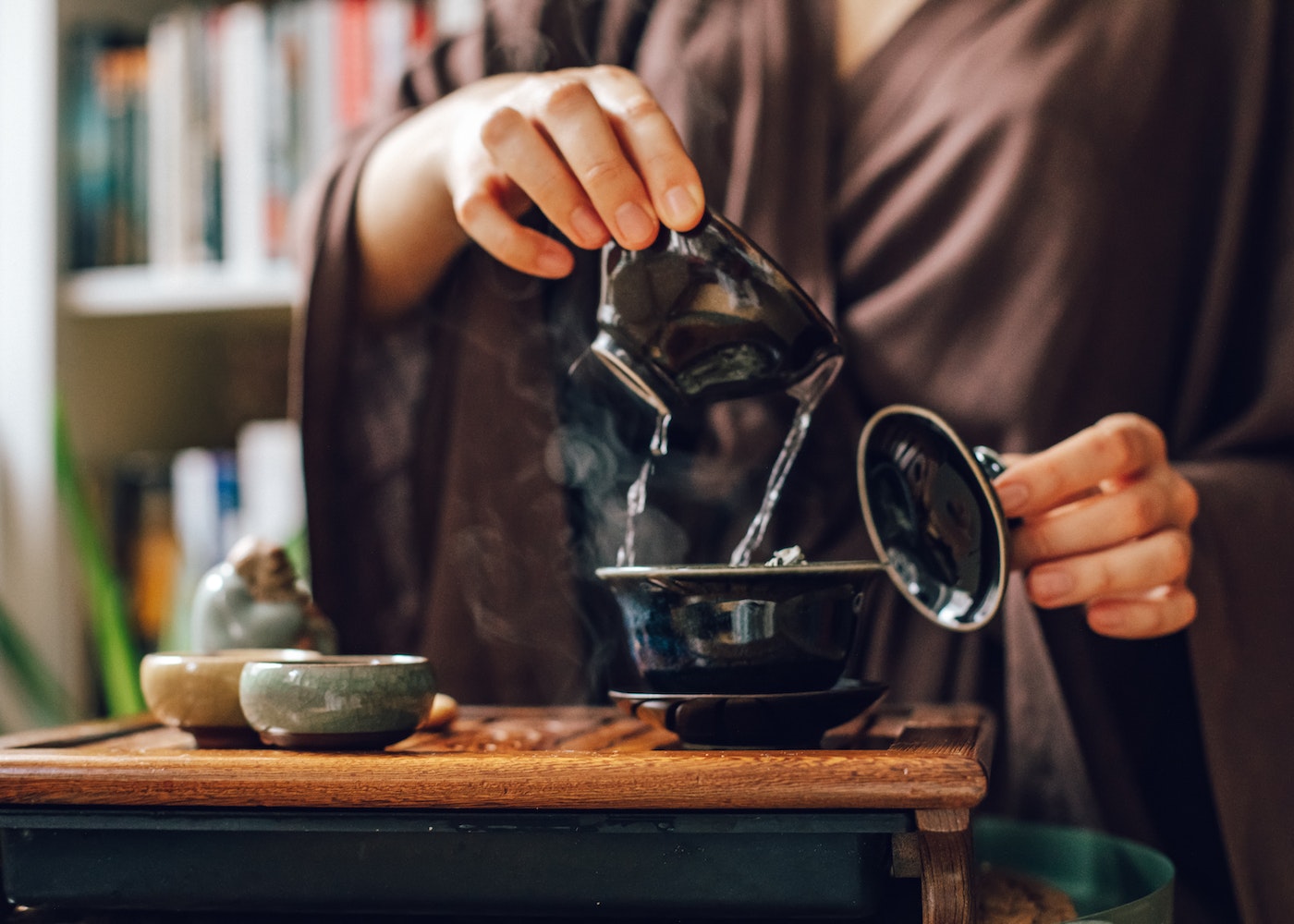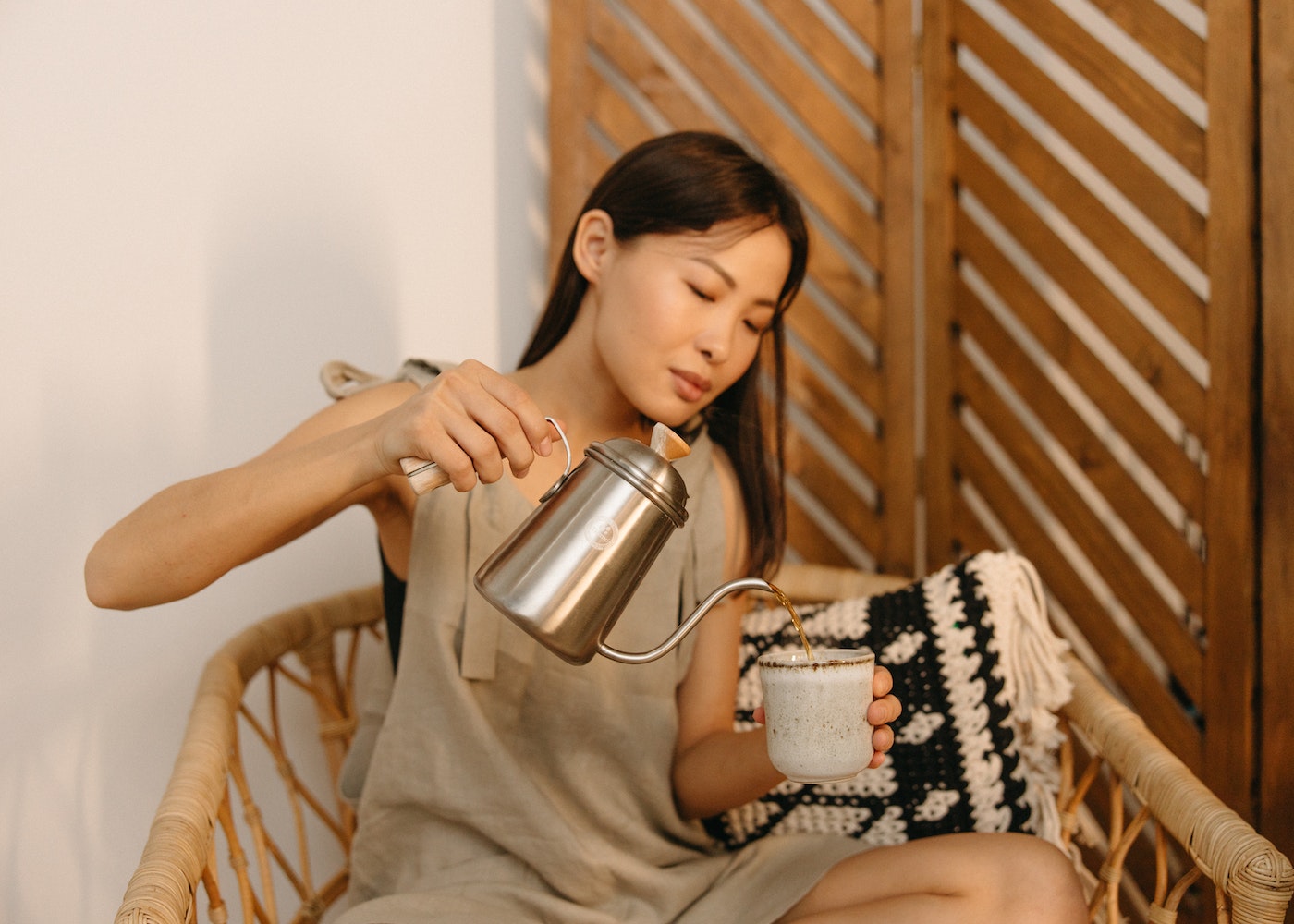The practice of adding milk to tea is common in many Western countries, but it is not typically done in Chinese tea culture. The absence of milk in Chinese tea preparation stems from cultural traditions, flavor preferences, and historical practices. Let’s explore the reasons why the Chinese do not add milk to their tea.

Cultural Traditions
1.Chinese Tea Culture
In Chinese tea culture, tea is revered as a pure and natural beverage that is appreciated for its delicate flavors and aromas. The addition of milk to tea is seen as masking the inherent qualities of the tea itself. Instead, Chinese tea enthusiasts prefer to enjoy the nuanced flavors of the tea leaves without any additional ingredients. (another topic: What is a Traditional Chinese Tea?)
2.Historical Practices
Historically, the Chinese have been brewing and drinking tea for thousands of years, long before the introduction of milk as a tea additive. Traditional Chinese tea ceremonies and rituals emphasize simplicity and mindfulness, with a focus on preserving the integrity of the tea leaves. As a result, the practice of adding milk to tea never became part of Chinese tea culture. (another topic: Top Ten Chinese Teas Ranked in International and Domestic Evaluations)

Flavor Preferences
1.Tea Flavor Preservation
Chinese teas are known for their diverse range of flavors, which vary depending on factors such as the type of tea, growing region, and processing method. Adding milk to tea can overpower these subtle flavors and diminish the complexity of the tea. Chinese tea drinkers value the natural taste of the tea leaves and prefer to savor them without any additional ingredients. (another topic: What is the Healthiest Tea to Drink Daily?)
2.Light and Refreshing
Chinese teas are often brewed in a way that emphasizes their light and refreshing qualities. The addition of milk, which can impart a creamy and rich texture, may be perceived as heavy or overpowering, detracting from the lightness of the tea. As a result, Chinese tea enthusiasts tend to prefer their tea served in its purest form, without the addition of milk. (another topic: What Do Chinese Eat While Drinking Tea?)

Health Considerations
1.Traditional Chinese Medicine
In traditional Chinese medicine (TCM), tea is valued not only for its taste but also for its potential health benefits. Chinese herbalists believe that tea can help balance the body’s energy, improve digestion, and promote overall well-being. Adding milk to tea may interfere with the therapeutic properties of the tea, making it less effective according to TCM principles. (another topic: Does Green Tea Really Reduce Belly Fat?)
2.Lactose Intolerance
Another factor to consider is that a significant portion of the Chinese population is lactose intolerant, meaning they have difficulty digesting lactose, the sugar found in milk. As a result, adding milk to tea may cause discomfort or digestive issues for some individuals. To avoid such complications, Chinese tea drinkers generally prefer to consume their tea without milk. (another topic: How to Pair Food with Tea?)
In Chinese tea culture, the practice of adding milk to tea is uncommon due to cultural traditions, flavor preferences, and health considerations. Chinese tea enthusiasts value the purity and natural taste of tea leaves and prefer to enjoy their tea without any additional ingredients. While adding milk to tea is a common practice in Western countries, it has not gained popularity in Chinese tea culture, where simplicity and authenticity are cherished.

